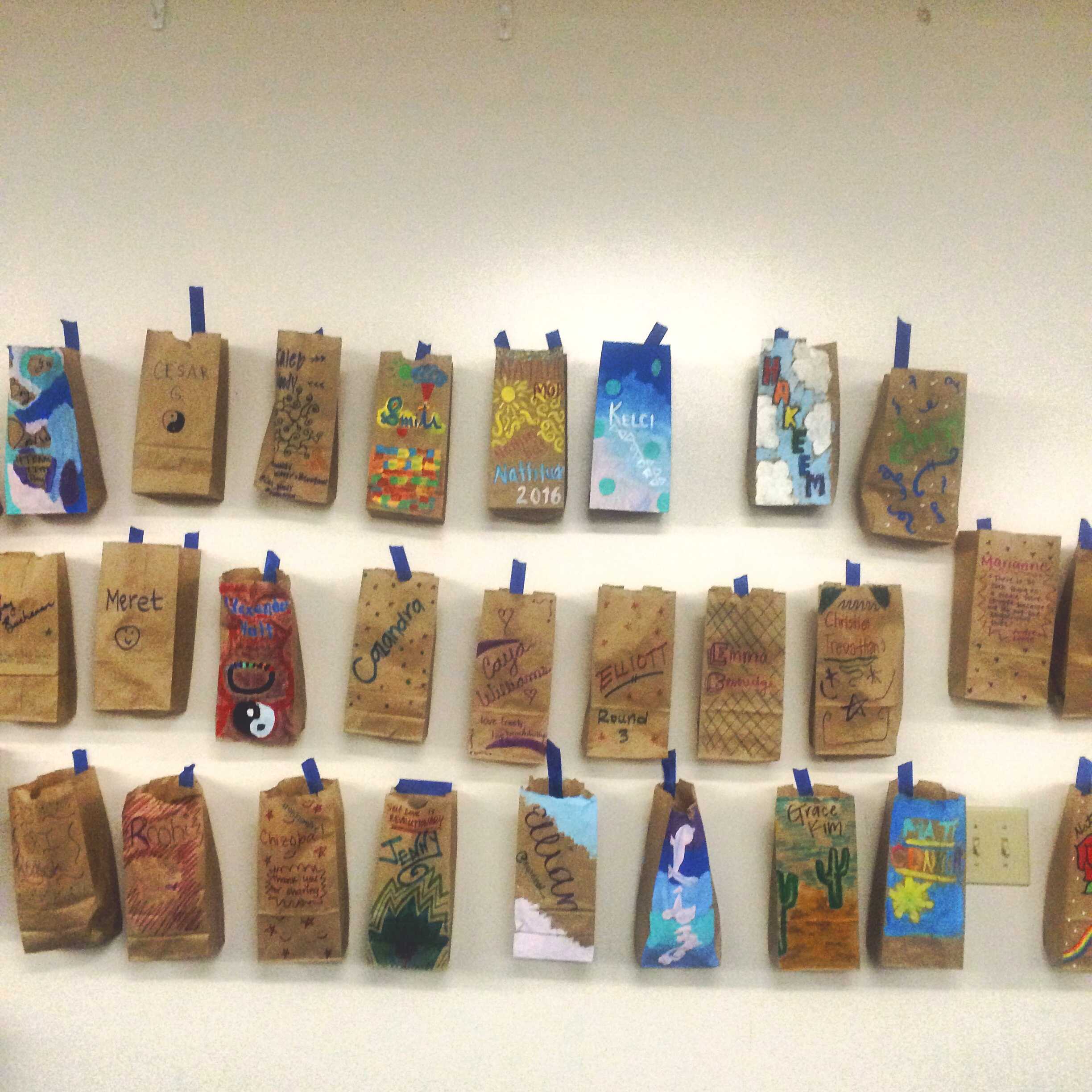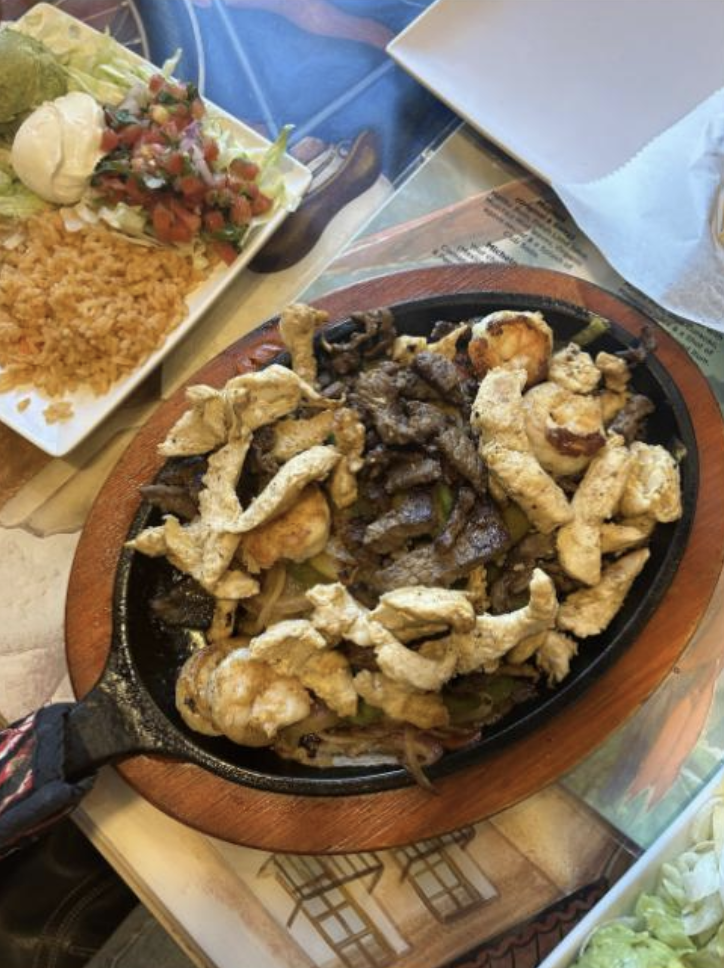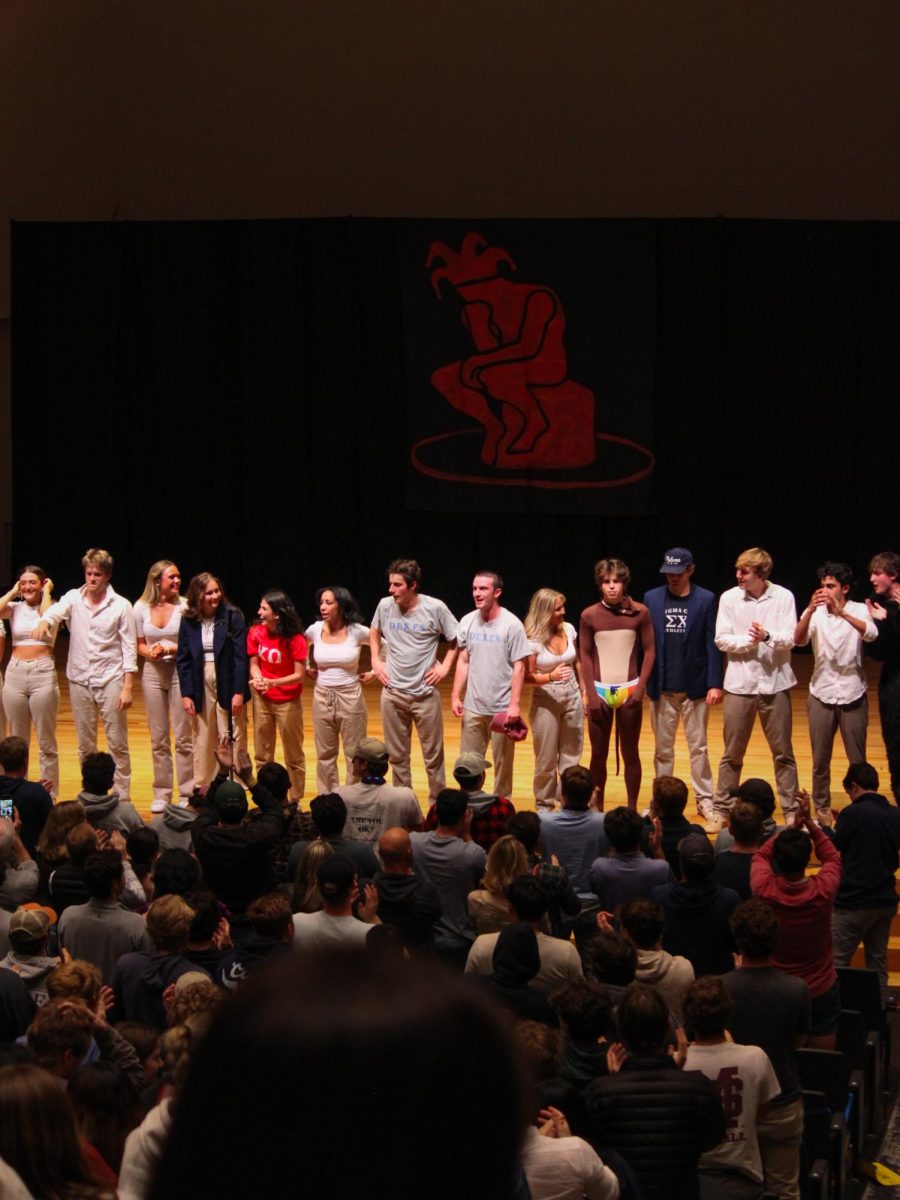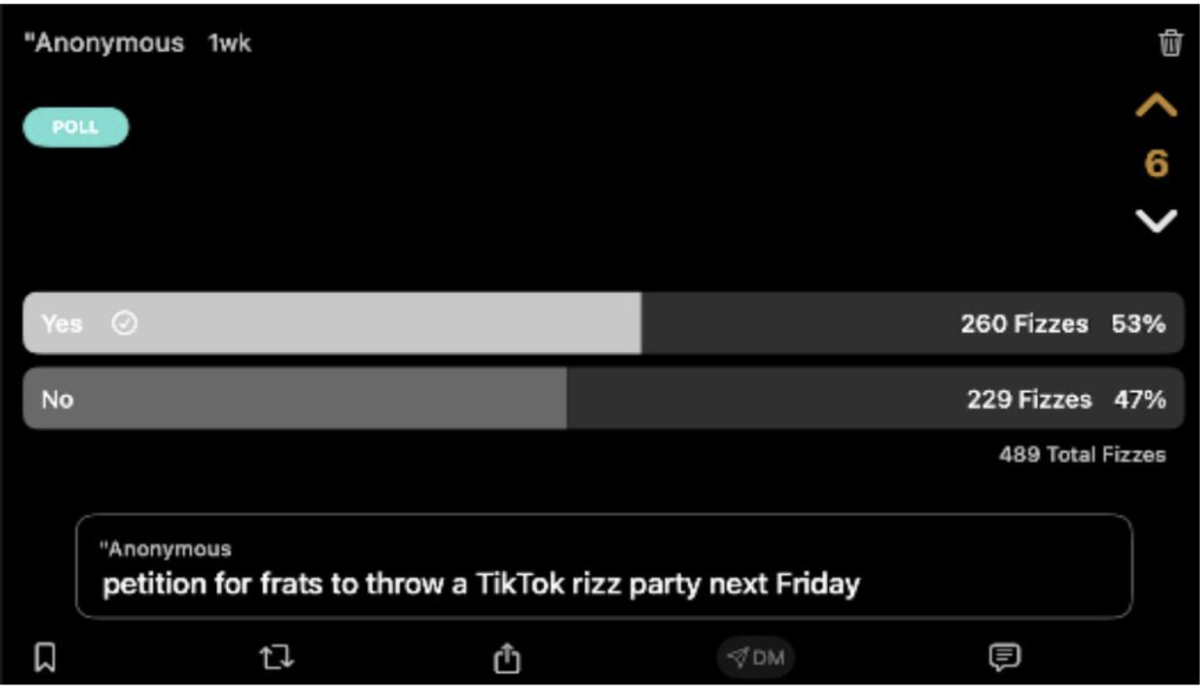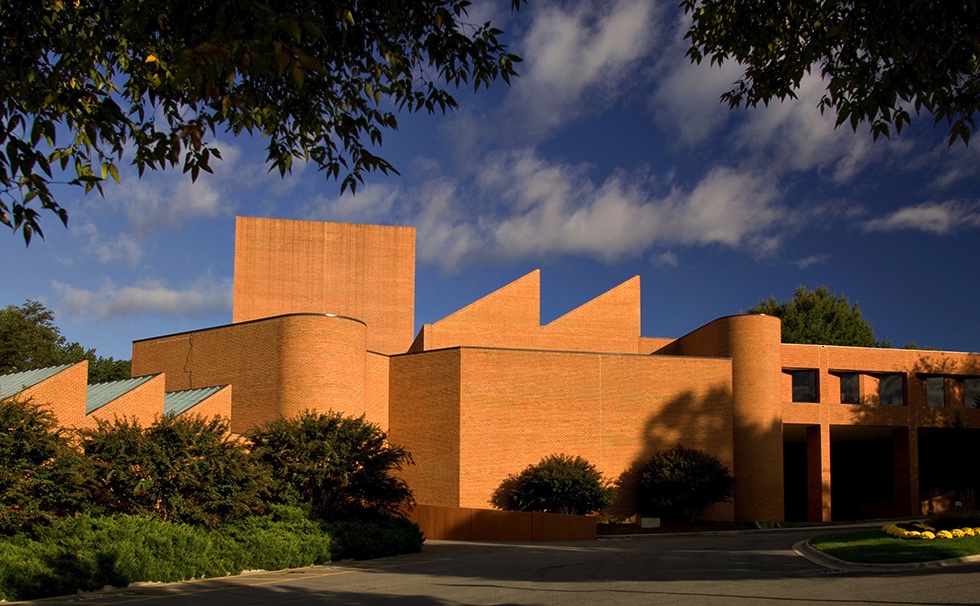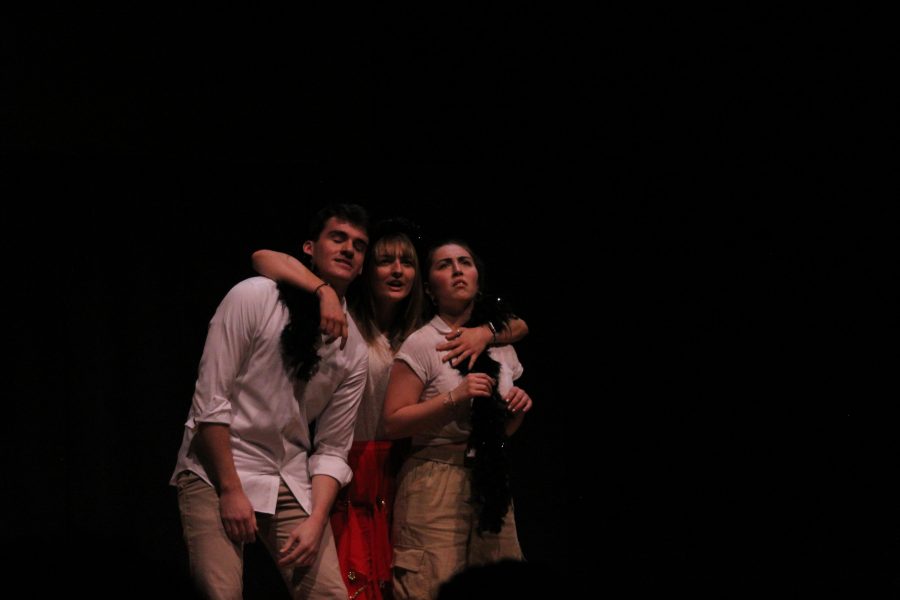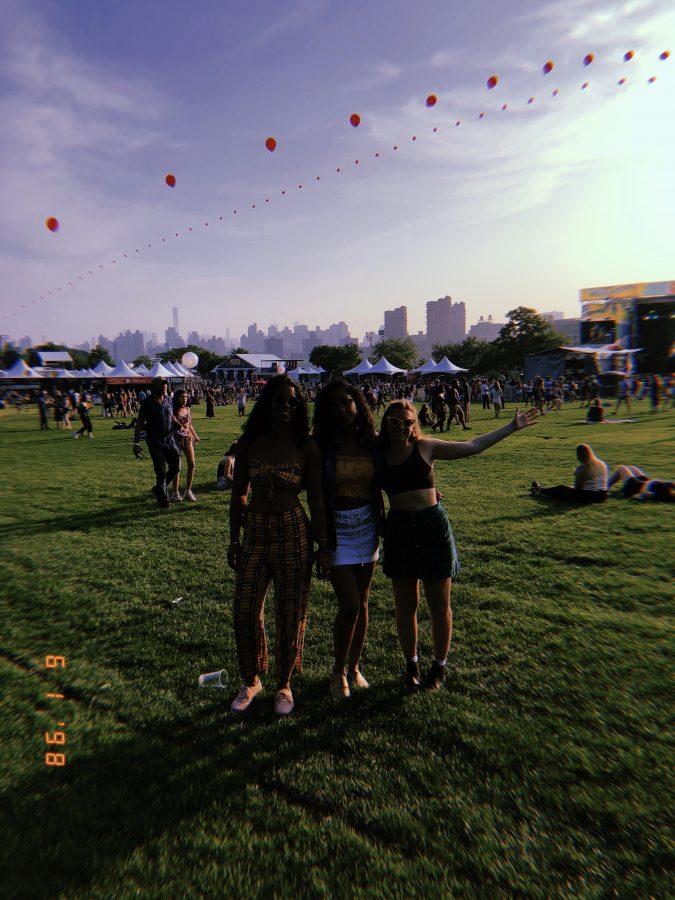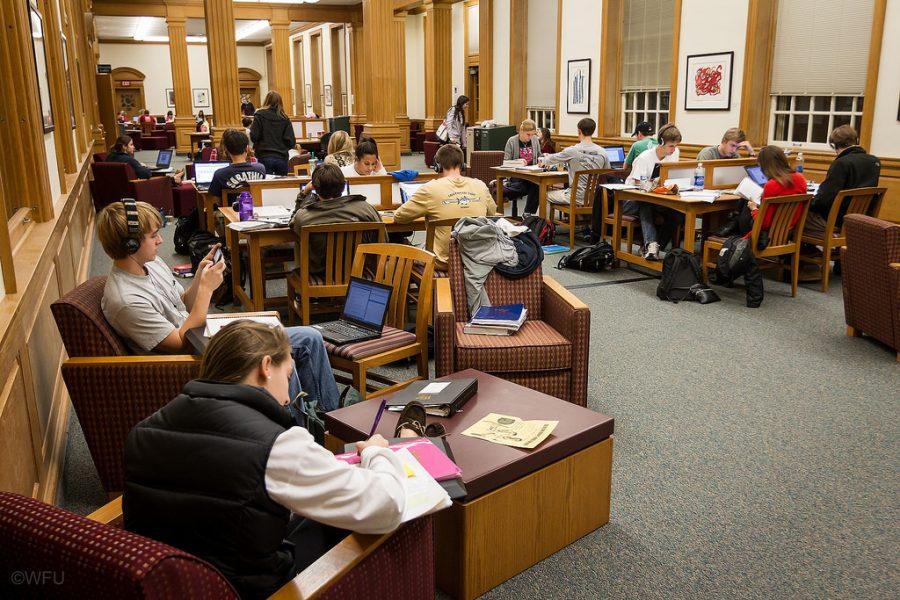Each Fall Break weekend, the Pro Humanitate Institute offers BRANCHES, a free, entry-level social justice retreat.
BRANCHES invites students to examine their positions within campus communities and in society, the many branches of their identities and their place as a unique tree within Wake Forest.
A unique community is created while students explore gender, sexual orientation, race, religion, ability and socio-economic status. Through various modules and activities, as well as discussions and debriefs facilitated by student moderators, participants learn about how to work together to affect change and accomplish social justice.
A three-day-long retreat, BRANCHES allows Wake Forest students to learn more about their identities and how these identities affect others. This year’s retreat was held in King, North Carolina, at YMCA’s Camp Hanes.
Students who applied to the program spent their Fall Break learning about social justice and the many different identities that one can hold, as well as how intersectionality plays into these identities.
The students were accepted on a rolling basis throughout the fall before being assigned to small groups of three to four other participants and two moderators with which they’d be spending most of their time during the weekend.
During the weekend, students learn, live and eat meals together, so a strong community is formed. Mailboxes are displayed around the walls of the space so that students can anonymously write notes of encouragement and affirmation to other participants. Each year, there is a community art project, and a collaborative painting can be created over the course of the weekend.
The retreat strives to be an outlet for students not familiar with social justice to be able to ask questions in a comfortable space.
Sophomore Matthew Connor, who attended BRANCHES as a participant last year and who served as a moderator this year, said that the space is accepting of people with any kind of social justice background, no matter how limited, as long as there is a willingness to learn.
“I would recommend it to anyone who is even just remotely curious about social justice in the world or especially on this campus,” Connor said.
Another moderator, senior Lauren Barber, echoed this sentiment.
“BRANCHES offers a space for students to show up as their authentic selves and explore the intersections of their — and others’ — identities,” said Barber.
“It’s an opportunity to embrace radical empathy, self-inquiry and hinges on active listening. It is a deeply humanizing experience.”
Barber is another student who participated last year before applying to facilitate at the most recent retreat. Many students are so moved and empowered by their experiences that they choose to become involved.
“My experience as a participant at BRANCHES was so formative that I felt compelled to facilitate the experience for younger students,” Barber said. “I and other moderators enjoy learning and growing alongside each other and our participants outside of a formal hierarchy.”
“Participating also made a significant, positive impact on how I perceive my campus community which empowers me as an activist and as mindful, critical citizen of our social and academic community.”
BRANCHES provides a safe space to ask tough questions. BRANCHES allows those who are not well-versed in social justice vocabulary to ask for definitions without fear of appearing ignorant.
BRANCHES creates a space for students to be vulnerable.
“There were people that I’d meet and had only talked to for those three days that I feel like I understand better and am closer to than people that I’ve known for almost three years,” Connor said.
“This program is valuable for underclassmen, in particular, because it fosters identity formation and roots you in an authentic sense of community,” Barber said.
“BRANCHES is a beautiful way to find community on a campus that doesn’t necessarily feel like home to everyone. It’s also an ideal space for students who enjoy deep conversation and personal reflection.”
By Natalie Valdes, [email protected] and Natalie Wilson, [email protected]

